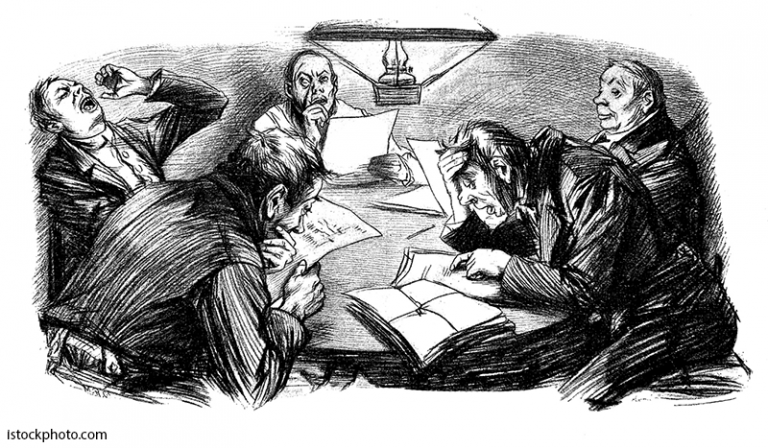Universities have a duty to help create a more effective republic. While this purpose has remained constant over the centuries, the means and methods necessary to accomplish that purpose must continually evolve to keep up with an advancing society. In the twentieth century, universities were increasingly seen as extensions of state government. This view stifles a university’s nature. Universities, public and private, serve people, not politics.
The university is not the kind of place that one can or should try to rule by authority external to the university. The best and only traditional authority in the university is intellectual competence: this is the coin of the realm.
Father Theodore Hesburgh, CSC STD, President Emeritus of Notre Dame
_________________________________________________________________________________________
Higher education has been important to Illinois since Illinois State University was established in1857. The first private institution, McKendree University, was founded in1828. A republic succeeds for many reasons, but among the most important is an engaged, educated populace. Four ideas follow that will allow universities in Illinois to flourish.
Promote a statewide perspective on higher education responsive to current and developing needs, and leave it to university leadership to respond or be replaced.
If Illinois higher education is to be successful, resources must be carefully marshaled while providing a workforce capable of attracting industries that will ensure the strength of the state’s fiscal future. Illinois faces challenging funding issues: retirement of baby boomers, unconstrained growth of entitlements, and demand for services from a growing population. Clear-headed leaders see universities as an opportunity for economic development, not a drain on the state coffers.
Universities must be allowed to escape the shackles of bureaucracy and report-filing, and sink or swim on earned merit. Leaders realize meritocracy as opportunity, not limitation. Reward universities for becoming fiscally independent, and promote competition among them to develop value for the individual and state. Successful institutions need fewer state resources, as private money follows exceptional scholarship and leadership. In exchange, universities should be relieved of excessive external micromanagement as President Theodore Hesburgh’s intellectual competence develops.
Empower Illinois universities to make decisions that will achieve results efficiently and effectively.
Responsibility and accountability must be assigned in ways that are intelligent, contextually appropriate, and purpose-driven. Respect for diverse missions, expertise, wisdom, and an innate desire to serve Illinois provide the framework through which universities flourish. No two universities in Illinois should have identical goals, missions or agendas. Strength comes from diversity. Performance-based funding, determined locally by campus leadership and boards of trustees, will promote institutional ascendency by matching respective strengths to the needs of the state and its population.
Nurture and effectively steward the state’s higher education resources.
Effective development of extramural support for excellence is critical as tuition and other resource streams are stretched ever more thinly. Philanthropy, research support, and other public/private ventures must all continue to evolve and supplement rapidly evaporating traditional resource streams.
Tuition and fees should remain economical but allow quality and relevance to students and communities to grow. If costs to students increase, so should aid, price breaks, rebates and scholarships. Private funding and entrepreneurial public/private partnerships are part of the financial equation. Leadership will not come from political processes: Compromise, the nucleus of politics, drives universities to sameness rather than distinctiveness, to thresholds rather than rooftops. For universities, Springfield reliance is the problem; institutional self-reliance is the solution.
Collaborate with business, government, and communities to encourage quality economic development.
Clear and faithful communication is critical through all channels, whether with potential students, alumni, business, industry, or any of the multiple constituencies served by an institution. Honesty and integrity must pervade every action and communication of university leadership, presidents, chancellors, executives, and boards of trustees.
A strong vision must be met with a pervasive institutional commitment to it, which can only come from shared development and implementation and an abiding dedication to transparency.
Robust value soon follows.
Each university in Illinois must maintain its own purpose through adherence to its individual mission. Best interests will be served if a constellation of institutions, refined in the furnaces of social and economic relevance, is created.
Leadership must proceed from the State house to the school house. Just as students come to the university to discover who they are, universities must be given the freedom to explore their strengths to truly come into their own. It is the nature of a university.






